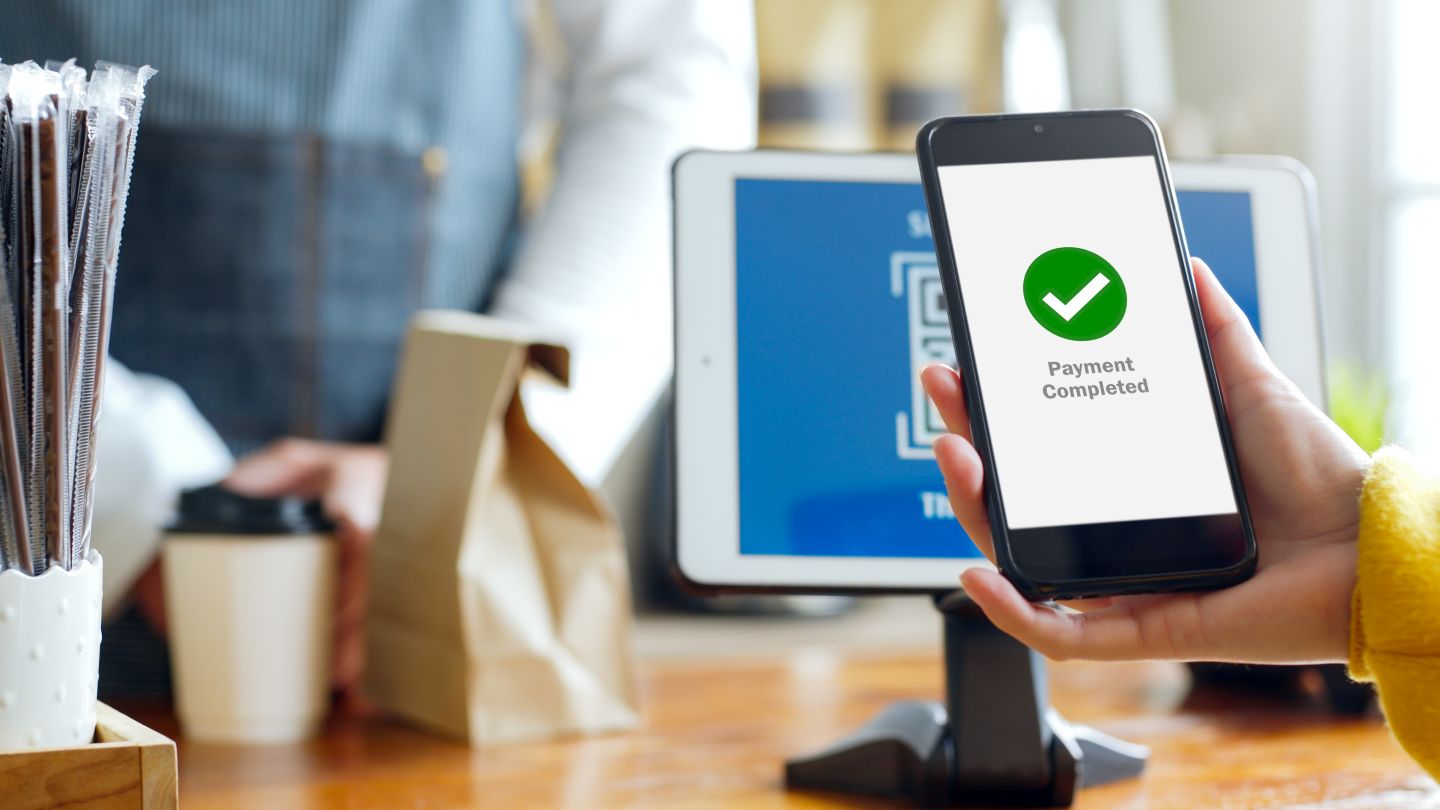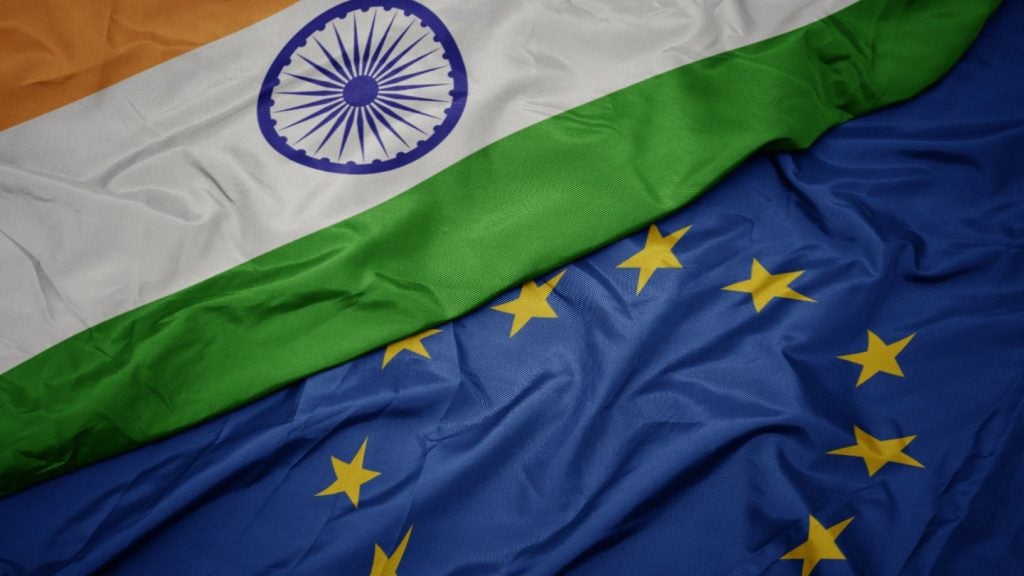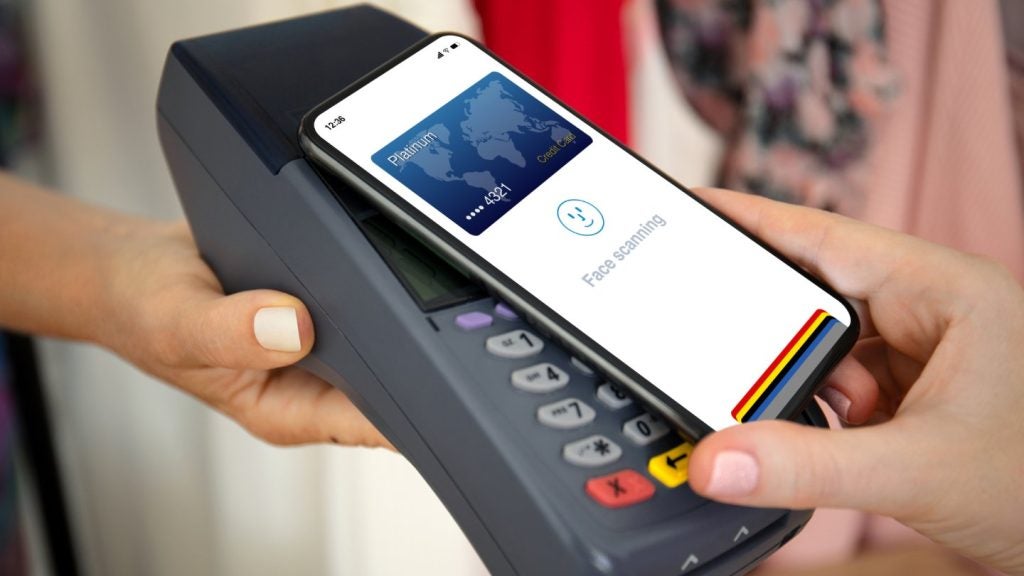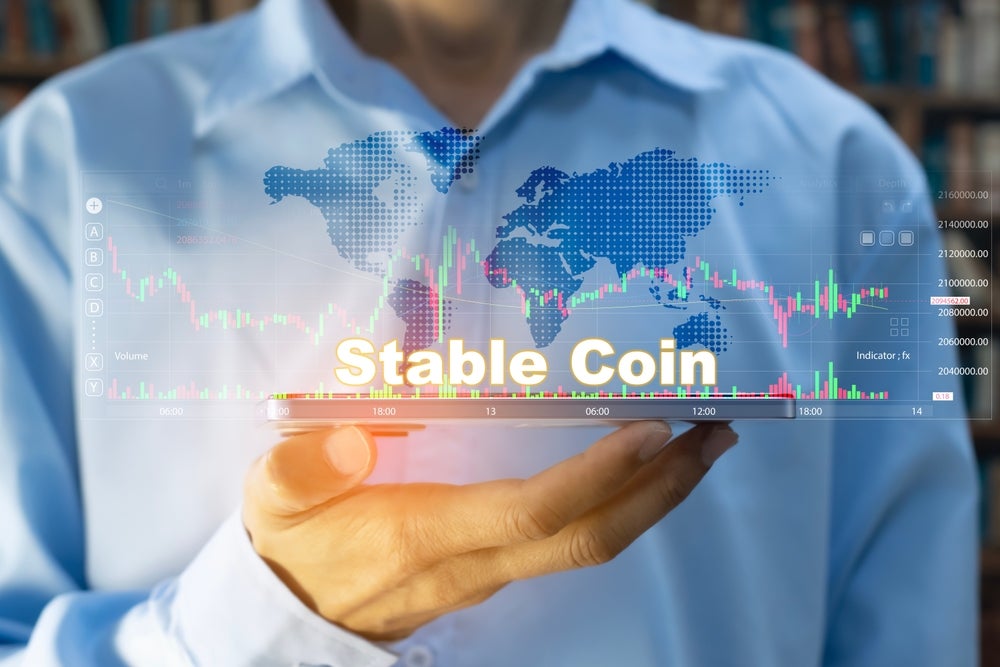As more and more people start to use digital payment methods rather than cash, it seems that the transition to a cashless society is inevitable. According to UK government reporting, cash was used for 51% of all payments in 2013, but by 2023 this had declined to just 12%. In 2024, the UK’s contactless transactions were valued at £25.1bn ($32.9bn), and many shops no longer even accept cash as a form of payment.
The convenience of contactless payments is undeniable. Rather than exchanging cash, calculating change, and then receiving notes and coins, you can simply tap your card or phone, and the payment is complete. Yet, despite this convenience, there are significant drawbacks to a purely cashless society.
The value of cash
There are many benefits to using cash. Cash can help people budget more effectively, allowing them to visualise how much money they can allocate for a certain period.
Cash makes money tangible, rather than a card—particularly credit cards—which can feel like unlimited money. This can encourage overspending, especially as people are unlikely to double-check their bank accounts before every purchase they make, meaning their statement may come as a bit of a shock at the end of the month.
This is also a problem for children, who are learning the value of money for the first time. It may be harder for them to understand this without cash, and it could lead to a disconnect between their spending and its actual significance.
The downsides of digitalised payments
One of the biggest challenges with transitioning to a cashless society is the enhanced inequalities that it will inevitably cause. Vulnerable members of society are not prepared for this transition and may face financial exclusion. People particularly at risk include homeless people, the elderly, children, and those living in digital poverty. With contactless methods becoming the dominant payment method in the UK, cash transactions are less accessible. Many shops now refuse to take cash, a trend that surged during the Covid-19 pandemic. This affects people who are more hesitant to adopt contactless payments, whether due to distrust (as is the case for many elderly individuals) or a lack of the necessary digital infrastructure.

US Tariffs are shifting - will you react or anticipate?
Don’t let policy changes catch you off guard. Stay proactive with real-time data and expert analysis.
By GlobalDataAccording to Ofcom, 2.8 million people in the UK (5% of its population) do not have access to the internet, which makes it harder for them to manage their bank accounts in an increasingly digital world. 57% of those without internet are aged 65 and older, meaning that elderly people often have to rely on family members to manage their online banking. Furthermore, a purely cashless society makes people more vulnerable to forms of cybercrime such as identity theft, phishing, and online scams.
Certain marginalised communities will suffer in a cashless world. Homeless people are less likely to have bank accounts, as these usually require a fixed address, leading them to primarily rely on cash. While the declining acceptance of cash transactions is already exclusionary, even the trend of contactless payments becoming more popular poses challenges. If only 12% of payments are made in cash, the likelihood of people carrying cash in general will decline, meaning fewer people will have spare change to hand out to people desperately in need.
Furthermore, a cashless society may harm those in abusive relationships. Women facing domestic abuse are often prevented from opening bank accounts by their abusers. Even if they do have access, payments from a bank account can easily be controlled or tracked by an abusive partner. In these scenarios, cash represents potential freedom from an abuser, as it can be hidden when saving and is untraceable when making payments. However, if shops no longer accept cash, a lifeline is essentially being taken away from victims of abuse, making it harder for them to leave such situations. Shockingly, nearly one million UK women were trapped with a dangerous abuser due to economic abuse in 2024.
Ultimately, a cashless world might be convenient for some, but is it worthwhile if it makes life significantly harder for the most vulnerable members of society?










